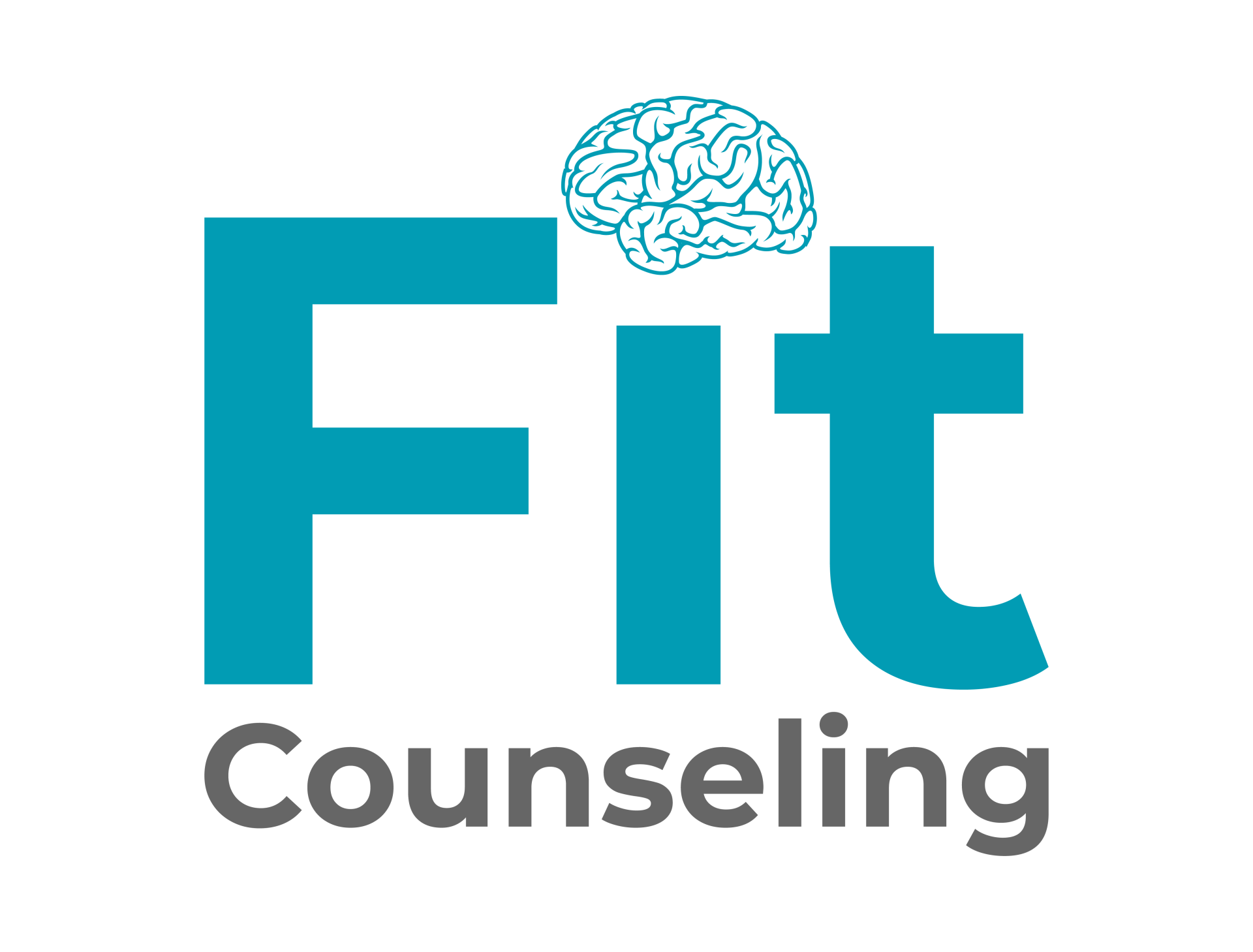Understanding Grief: Navigating the Storm of Loss and Healing
What is Grief? And How do I heal?

Grief is a complex and profound emotion, a universal human experience that touches us all at some point in our lives. It's that deep, gnawing pain in the pit of your stomach, the emptiness that resides within your chest, and the overwhelming mix of emotions that can leave you feeling numb and raw at the same time. Grief isn't just sadness; it's a tumultuous journey through anger, sadness, regret, confusion, feeling lost, and sometimes even desperation. In this blog post, we'll explore the multifaceted nature of grief, the stages one may go through, and how to cope with this challenging process.
The Many Faces of Grief
While we commonly associate grief with the loss of a loved one, it's essential to recognize that grief can manifest in various forms. We can grieve relationships, parts of ourselves, aspects of our past, homes, friendships, and even financial stability. Grief is the sense of something that once was but is now gone. It's a testament to our emotional connection to people, places, and things in our lives.
Understanding the Stages of Grief
The five stages of grief—denial, anger, bargaining, depression, and acceptance—are well-known, but they don't follow a strict order, and people experience them differently. What's crucial is not to linger too long in one stage, as this can impede the healing process. Some individuals even go through these stages before a loss, a phenomenon called anticipatory grief, which prepares them emotionally for the impending loss. It can result in abbreviated grief, where the grieving period is shorter because much of the emotional work has already been done. On the other hand, delayed grief occurs when individuals avoid facing their emotions, often by staying busy or distracted. Inhibited grief involves repressing grief's emotions, which can manifest as physical symptoms such as digestive issues, anxiety, depression, or insomnia.
Different Forms of Grief
When multiple losses occur simultaneously, individuals may experience cumulative grief. Additionally, when a significant event causes profound loss for a community or group of people, it's referred to as collective grief. These various forms of grief remind us that the process is complex and unique to each individual's experience.
Coping with Grief
Grief can make you feel far from "normal." You may experience confusion, difficulty making decisions, and a persistent lack of focus. Physical symptoms like chest tightness, headaches, or muscle weakness are also common. It's crucial to care for yourself during this challenging time:
- Don't rush the process: Give yourself time to grieve. There's no set timeline for healing.
- Prioritize self-care: Try to get adequate rest, even if it means lying in bed while watching TV or reading. Aim for 8 hours of sleep, and if that's not possible, focus on relaxation.
- Lean on your support network: Connect with friends, family, or even pets. Isolation can exacerbate grief.
- Face the pain: Instead of distracting yourself, sit with your emotions. Over time, the intensity of your symptoms will decrease.
- Stick to a routine: Even simple tasks like showering, eating, and getting out of bed are accomplishments when you're grieving.
- Seek help if needed: Don't go through grief alone. There are support groups, counselors, and online resources available to help you navigate this challenging journey.
Grief is a natural response to loss, and it's okay not to feel "normal" during this period. Healing takes time, and the pain may never completely disappear, but it can become more manageable. As you journey through the stages of grief, remember that you are not alone. Reach out to your support network, explore resources, and seek help when needed. Grief is a profound human experience, but it's a journey that, with time and support, can lead to a place of healing and acceptance. If you need someone to talk to, call Fit Counseling as
(954) 507-0144.



